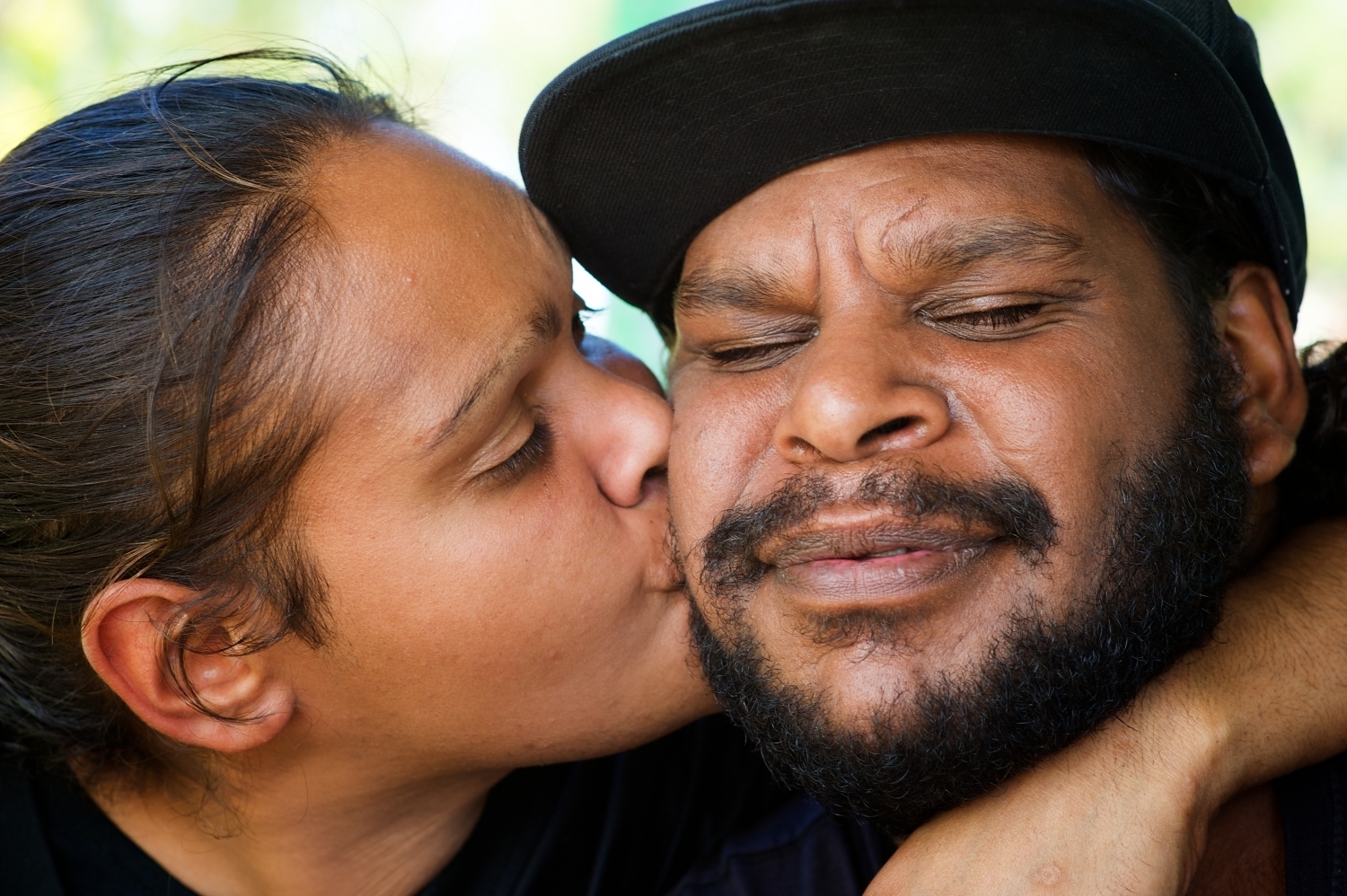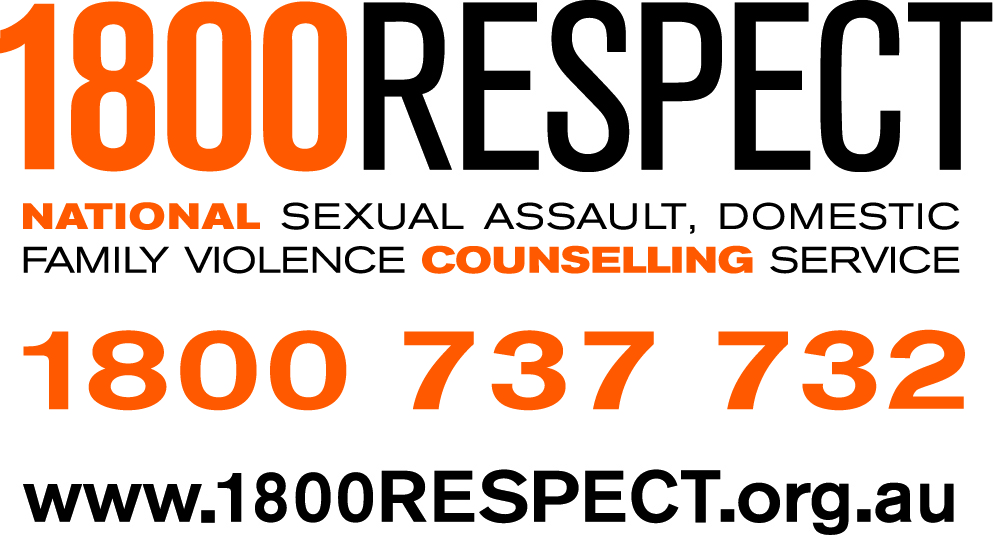How you respond when someone discloses an experience of domestic or family violence can make all the difference. For people in Aboriginal and Torres Strait Islander communities, there are additional things to consider.
At 1800RESPECT, it’s our role to support anyone living in Australia who reaches out to us about experiencing sexual assault, domestic or family violence. Providing the right support means understanding the causes and effects of violence that face different communities in Australia, including in Aboriginal and Torres Strait Islander communities.
Domestic and family violence happens at higher rates in Aboriginal and Torres Strait Islander communities. Increased violence is common in communities where there is a history of disadvantage and oppression, and is made worse by forced separation from land and culture. These things can lead to conflict in family relationships, racism, ongoing poverty and limited housing.
In addition to this trauma, Aboriginal and Torres Strait Islander peoples are much more likely to suffer from economic and social disadvantage. This can cause feelings of anger, frustration and helplessness, leading to alcohol and drug use as a way of coping. Understandably, this can also have a negative impact on wellbeing and mental health, particularly for those with ongoing or chronic mental health concerns.
The most important thing to remember when supporting people in community experiencing violence is family and kinship connections. Within community, often people all know each other or know someone from the family in question. Safety and security are always the first priority, and this can impact how they interact with their community and at cultural events where the perpetrator may be present.

In addition to important responses we should give everyone - such as listening without judgement and not blaming them for the abuse they’ve experienced - it’s also important to remember that the process of disclosing will take time and is reliant on trust. Not everything will come out in the one discussion, it may take several over a long period of time.
There are other barriers to disclosure including concerns around privacy - Aboriginal and Torres Strait Islander communities can be close and interconnected, regardless of where they are located. It can feel difficult to maintain anonymity, and this can be a barrier to support when referring to services. The person who has experienced the abuse may be hesitant to reach out for support in case others in their family or community find out.
It’s important to refer them to services that specialise in support for Aboriginal and Torres Strait Islander communities. These services will understand privacy and confidentiality concerns, and operate with permission and consent. They also understand concerns about attending cultural events, how to prepare a culturally appropriate safety plan, and specific needs around applying for housing and benefits.
A call to 1800RESPECT can assist with identifying and locating these services in a particular area. We can also assist people in a support role with further information about assisting a loved one who has experienced violence and how to respond appropriately.
Everyone deserves to be heard and supported if they have experienced violence and abuse.

This article was kindly written and provided by 1800RESPECT.